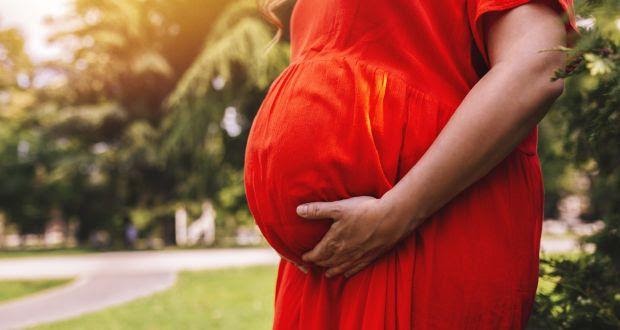
Paid leaves offered post-miscarriage and stillbirths in New Zealand
Written by: Krishna Saraogi
New Zealand is one of top happiest countries in the world. This is one proximate reason that makes New Zealand so resilient too. Recently, on the International Day of Happiness, the United Nations released a report of the World’s Happiest Countries, and New Zealand was amongst the top 10 countries.
Figure 1 – IrishTimes
There is 6 basis on which the UN ranks the countries:
- Freedom
- Generosity
- Health life expectancy
- GDP per capita
- Social support
- Absence of corruption
However, these may be the indicators according to the United Nations, but the policies and their implementation are one of the key reasons that the people of New Zealand are so happy and motivated all the time. One such policy was recently passed in the Parliament, i.e., the latter passed the bill of allowing the parents three days of paid leave after they suffer from a miscarriage or a stillbirth of their baby.
A pregnancy loss earlier than 20 weeks of gestation is defined as a miscarriage.
Pregnancy loss after that period is called a stillbirth.
This paid leave will however not be included in the sick leaves.“The bill will give women and their partners time to come to terms with their loss without having to tap into sick leave” Ginny Andersen, member of the parliament who drafted the bill.
Figure 2 – The National
Although other countries such as Canada and India have similar policies of giving leaves to women and their partners in case of stillbirths, these countries legislate up to the 20-week mark. However, New Zealand is the world’s first country to pass a bill for paid leave of the women and their partners after miscarriage or stillbirths.
“I felt that it would give women the confidence to be able to request that leave if it was required, as opposed to just being stoic and getting on with life, when they knew that they needed time, physically or psychologically, to get over the grief,” said Ginny Andersen, the Labour member of Parliament who drafted the bill.
This bill also includes parents who are having a kid through adoption or surrogacy. However, the new law does not include women who have aborted the child (abortion is banned in New Zealand). This law is a step forward in ensuring equality among men and women, because, many of the times women have struggled with the requirements of issues like these with their employers, leading them to miss promotions and other such career advancement opportunities.
According to a report by Sands New Zealand charity, 5800 to 11900 stillbirths or miscarriages occur every year in New Zealand. Miscarriage and stillbirths are still very frightful and painful topics for parents not only in New Zealand but in other countries as well, and parents hesitate to seek any kind of emotional or mental support.
Miss Vicki Culling, an educator about baby loss applauded and appreciated this first step by the New Zealand parliament and believes that more can be done not only for supporting the parents in New Zealand but by also being a global leading example for all the countries.




